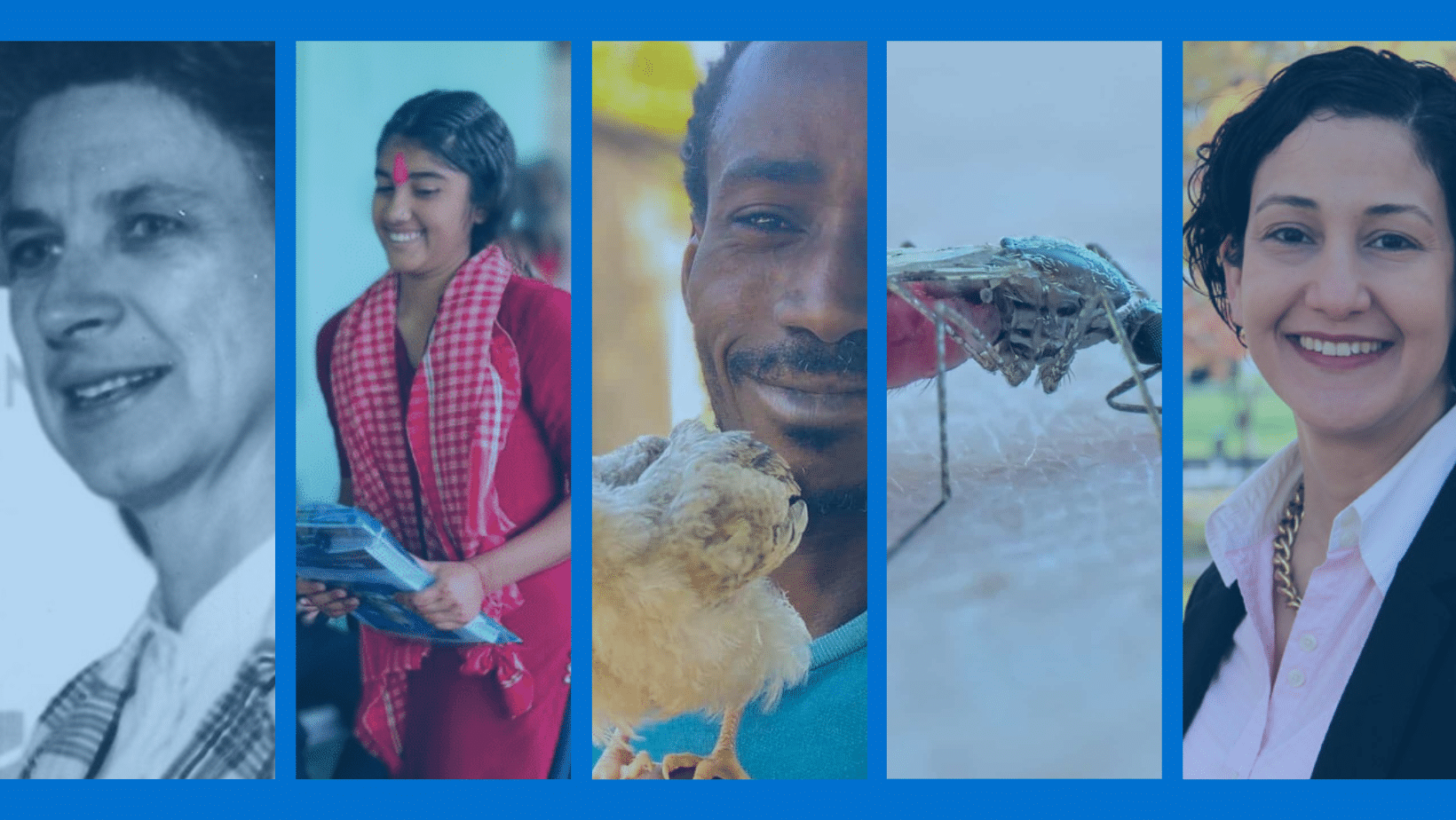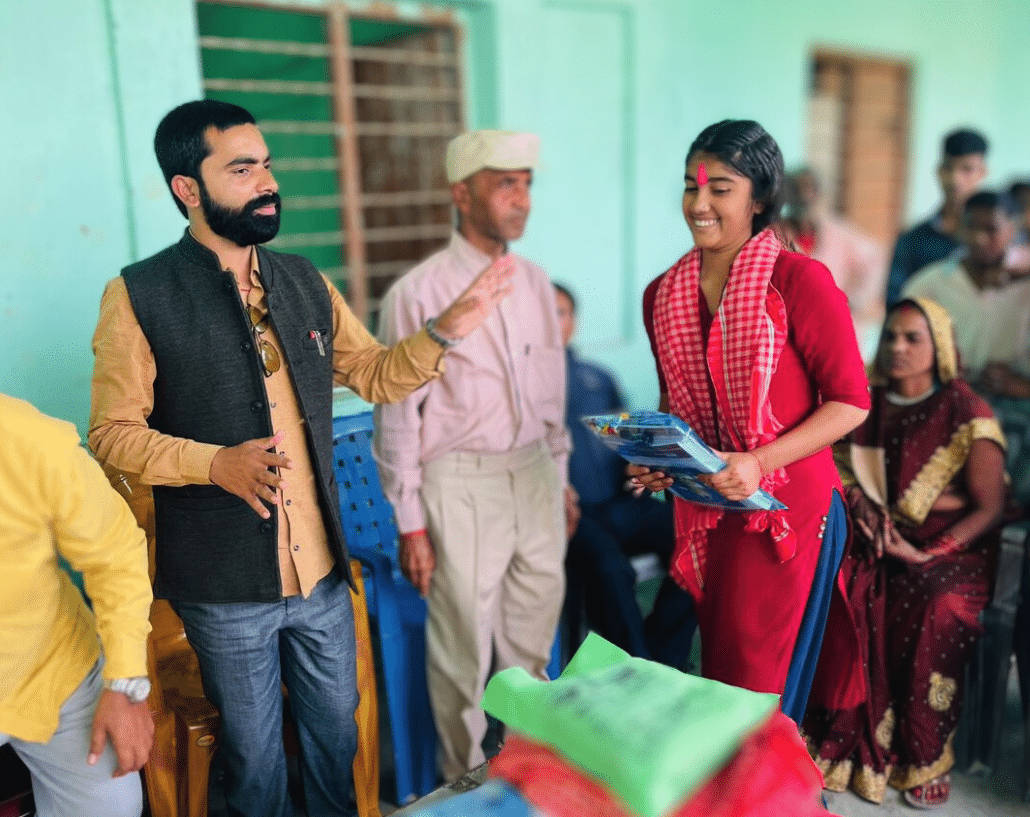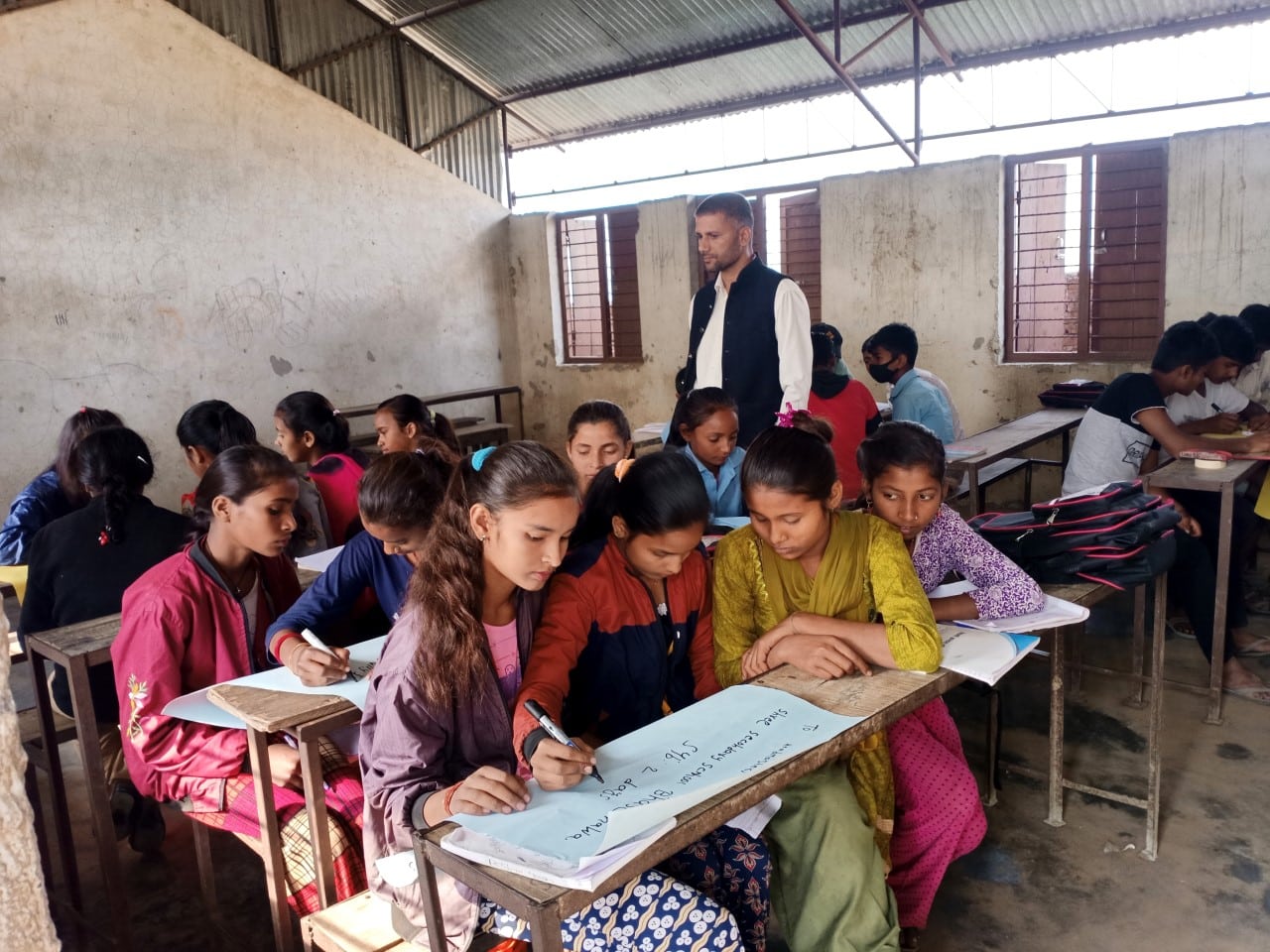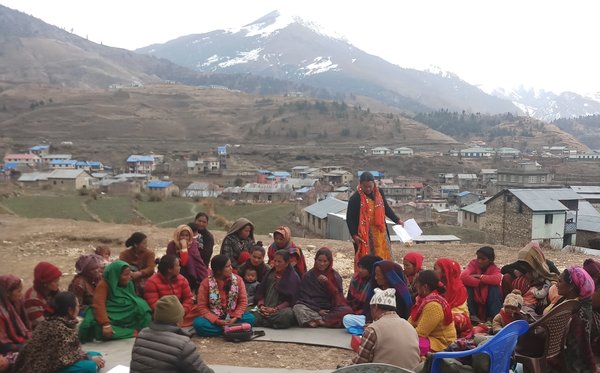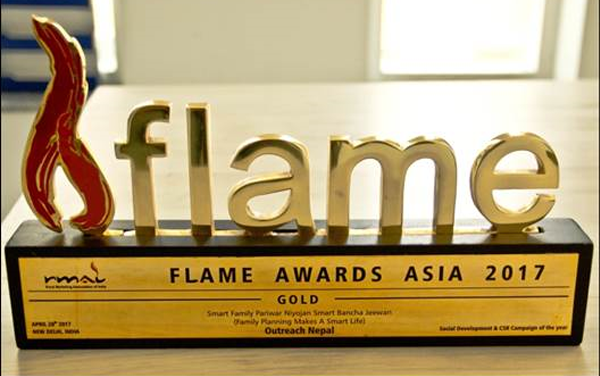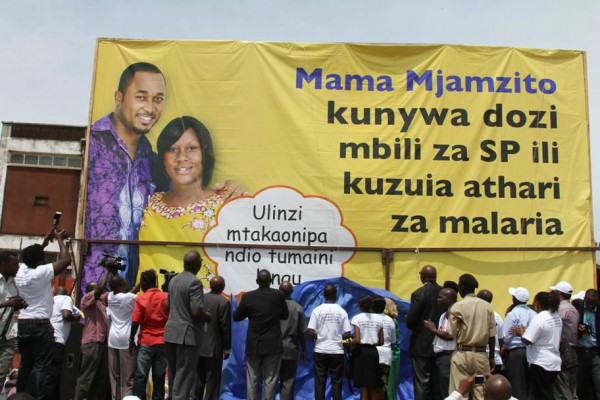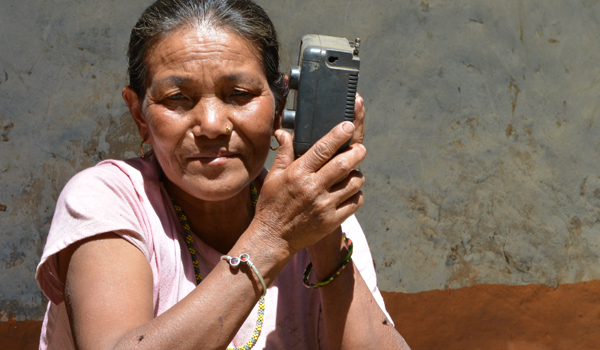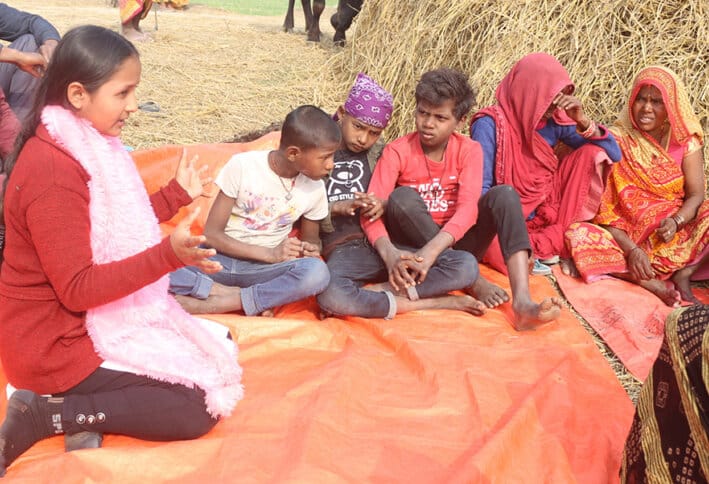
Girls Lead and Speak Up Against Child Marriage in Nepal
“You need to save the future of your daughters by educating them,” one girl told community members. “I urge mothers not to subject their children to the same fate they have experienced. Please do not marry them off early.”

